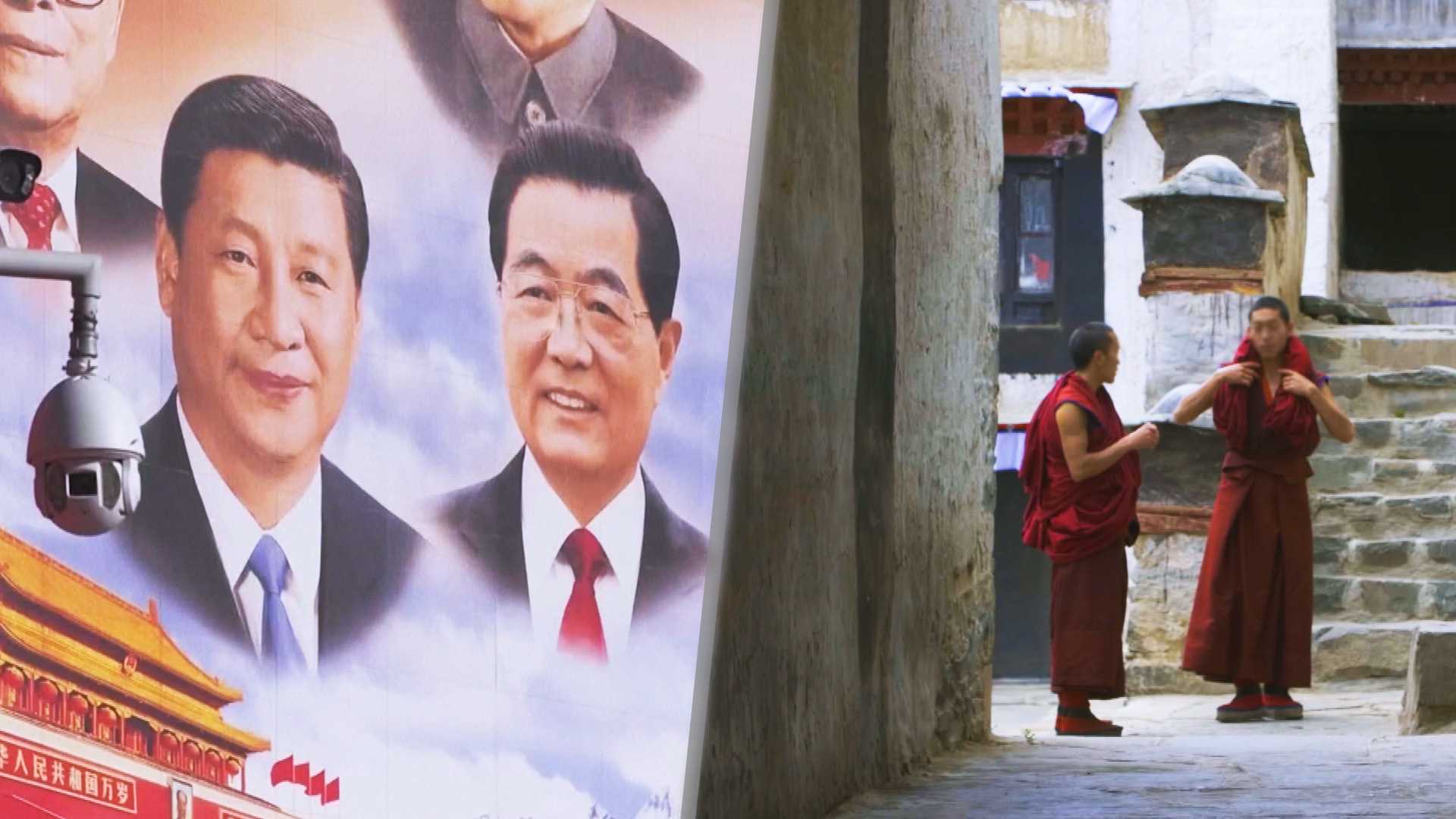News
FRONTLINE Explores Tibet’s Struggle Under Chinese Rule

INDIANAPOLIS, Ind. — FRONTLINE is set to premiere its documentary “Battle for Tibet” on February 18, 2025, at 10 p.m. on PBS stations. The film investigates the ongoing struggle of Tibetans under Chinese Communist rule, focusing on their cultural and religious repression.
Utilizing undercover footage and expert interviews, the documentary highlights how the Chinese government controls Tibet’s Buddhist population and the contest over the future of the Dalai Lama. This report comes as the exiled spiritual leader approaches his 90th birthday, marking 75 years since China’s invasion of Tibet.
“China only shows the beautiful and good parts,” said Namkyi, a Tibetan who fled after protesting against the regime. “The true situation in Tibet isn’t allowed to be seen.” This documentary investigates the harsh realities faced by Tibetans, including the indoctrination of children in Communist-run boarding schools where they are taught in Mandarin.
“These boarding pre-schools erase the fundamental mindset of Tibetan children from the age of 4 and replace it with a new Chinese mindset,” explained Gyal Lo, a Tibetan sociologist. “If these schools continue for another 15 or 20 years, Tibetan national culture and identity will be completely destroyed.” The documentary also reveals substantial digital surveillance in Tibetan monasteries, which serve as historical centers of resistance against Chinese control.
Greg Walton, a surveillance expert, described this oversight as an effort to instill fear and self-censorship among the Tibetan people. He stated, “Surveillance is at the heart of this process of subjugating the Tibetan people.” The documentary portrays Tibetans as living under a pervasive atmosphere of censorship and oppression.
The film further examines China’s branding of the Dalai Lama as an anti-China separatist, despite his overture for greater autonomy within the state. Professor Robert Barnett, a leading expert on Tibet, warned, “If they mishandle the death of the Dalai Lama, they could face a calamitous pushback from the Tibetan population.”
China maintains that it has improved life in Tibet and that Tibetans enjoy unprecedented freedoms. Victor Gao, a Beijing-based advocate for China’s policies in Tibet, justifies the country’s actions by stating, “There is only one China, and Tibet is part of China. We need to defend China’s sovereignty and territorial integrity very fiercely.” This contrast of perspectives presents a complex narrative surrounding the human rights situation in Tibet.
FRONTLINE’s “Battle for Tibet” not only reveals the current discontent but also gives a historical context to the Tibetan plight. The documentary is part of a larger effort to shed light on regions often neglected by mainstream media. It will be streamed online following its national television debut, allowing for broader access to this critical issue.












